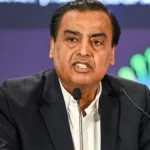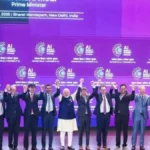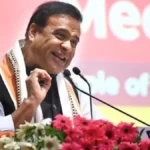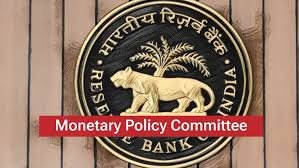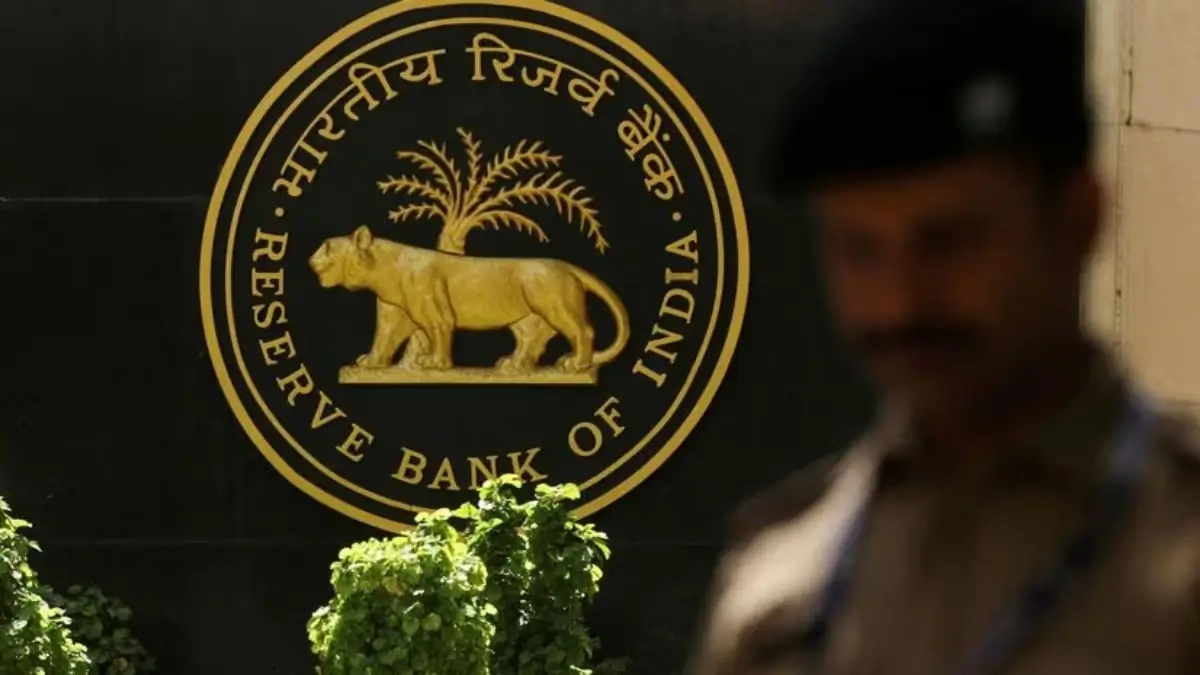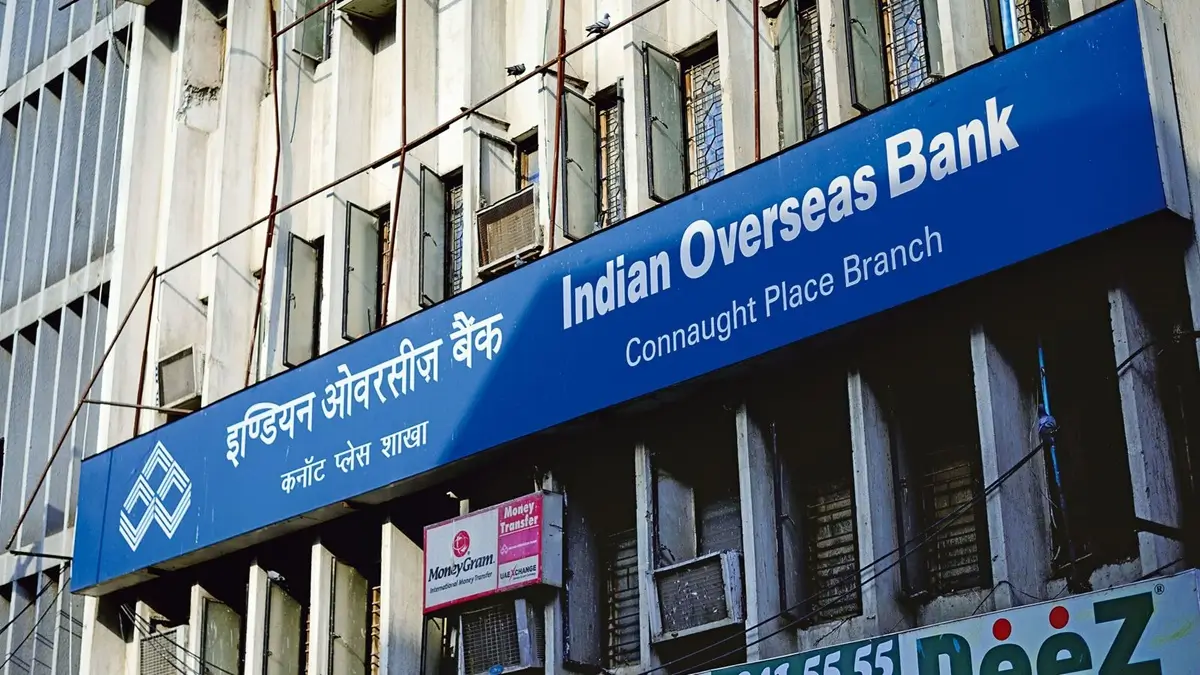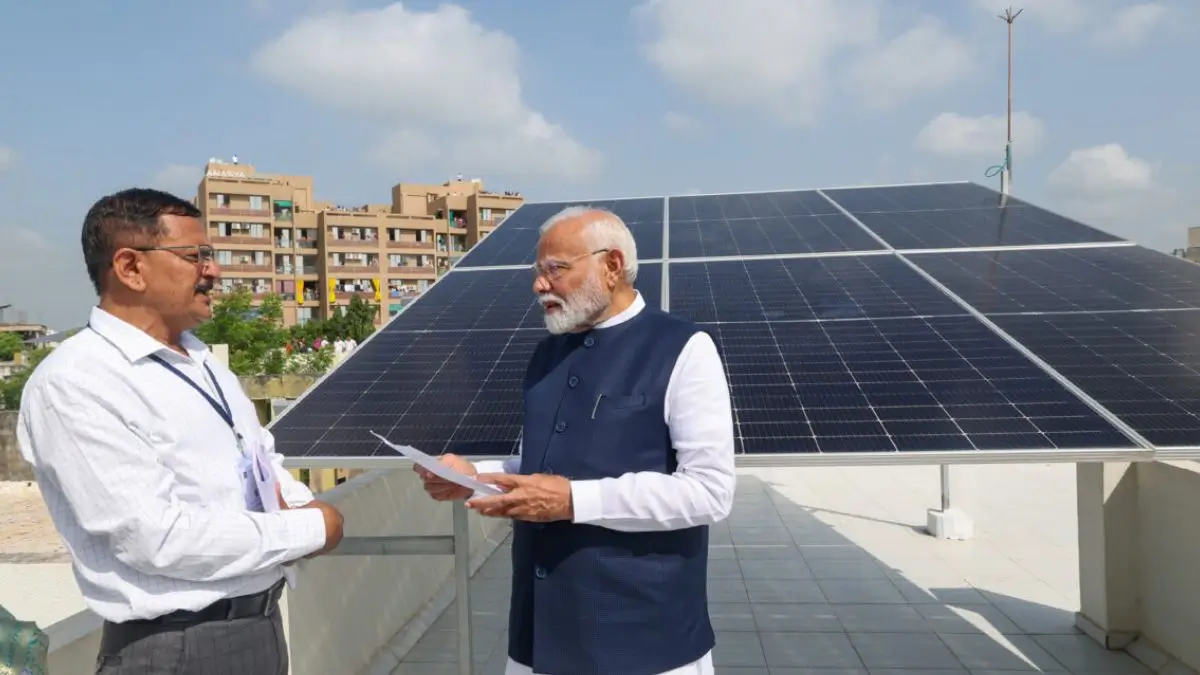Government Reconstitutes Monetary Policy Committee Ahead of RBI Rate Review
The Indian government has reconstituted the Monetary Policy Committee (MPC) in anticipation of the Reserve Bank of India’s (RBI) upcoming rate review. This change in the committee’s composition comes at a crucial time as the nation grapples with various economic challenges, including inflation and the need for sustainable growth. The MPC, which plays a vital role in setting the benchmark interest rates in India, has been tasked with ensuring economic stability while managing inflationary pressures.
New Members Appointed
The reconstitution involves the appointment of three new members who bring diverse expertise in economics and finance to the table. These members are expected to contribute to informed discussions and decision-making processes surrounding monetary policy. The inclusion of these experienced professionals signifies the government’s commitment to ensuring that the MPC is equipped with the knowledge necessary to navigate the complex economic landscape.
Focus on Inflation Control
One of the primary objectives of the MPC is to control inflation while fostering economic growth. With inflation rates fluctuating and consumer prices affecting households, the committee’s role is more critical than ever. The new members’ perspectives on monetary policy and their recommendations will be pivotal in formulating strategies to achieve the dual mandate of price stability and economic growth.
Implications for the Economy
The decisions made by the MPC can significantly influence interest rates, which in turn impact borrowing costs for individuals and businesses. As the government reconstitutes the committee, market participants are keenly observing its deliberations and the potential implications for economic recovery and stability. Any adjustments in the repo rate could have far-reaching effects on the overall economy, making this an important development for both policymakers and the public.
Preparing for the Rate Review
As the MPC prepares for its rate review meeting, the reconstitution signals a proactive approach to addressing the challenges facing the Indian economy. The committee will convene to assess various economic indicators, including inflation rates, GDP growth, and external factors influencing the economy. With the new members on board, there is an expectation of fresh perspectives that may lead to innovative monetary policy solutions.
Conclusion
The reconstitution of the Monetary Policy Committee is a significant step in ensuring that the RBI can effectively respond to economic challenges. As the committee prepares for its upcoming review, all eyes will be on its decisions and their impact on the broader economy.
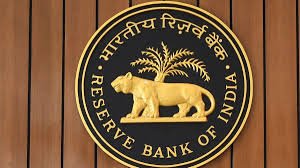
Why This News is Important
Importance of Monetary Policy
The reconstitution of the Monetary Policy Committee (MPC) is pivotal because the decisions made by the MPC directly influence the country’s economic landscape. The committee sets the benchmark interest rates, which affect borrowing costs, consumer spending, and overall economic growth. With inflation being a persistent concern, having a well-informed MPC is essential for maintaining economic stability.
Addressing Economic Challenges
With rising inflation rates and fluctuating economic indicators, the need for an adaptive and knowledgeable MPC has become more pronounced. The newly appointed members are expected to bring diverse perspectives, enabling the committee to devise strategies that effectively address economic challenges. This reconstitution is a proactive measure aimed at ensuring robust economic governance.
Market Sentiment and Stability
The decisions made by the MPC can significantly impact market sentiment. Investors, businesses, and consumers closely monitor the MPC’s actions, as these can lead to changes in investment strategies and consumer behavior. By reconstituting the MPC, the government aims to instill confidence in the markets, signaling a commitment to addressing economic challenges head-on.
Long-term Economic Growth
The MPC’s ability to manage inflation while fostering growth is crucial for long-term economic sustainability. The new members’ expertise is expected to facilitate informed discussions on balancing these two mandates, contributing to a more stable economic environment.
Implications for Government Policies
The MPC’s decisions can influence various government policies, including fiscal measures and social welfare programs. By ensuring that the MPC is equipped with knowledgeable members, the government seeks to create a framework for effective policy-making that supports sustainable development.
Historical Context
The Monetary Policy Committee (MPC) was established under the Reserve Bank of India Act, 1934, in 2016, marking a significant shift in the way monetary policy is formulated in India. Prior to the MPC’s formation, monetary policy decisions were made solely by the RBI’s Governor. The MPC’s establishment aimed to enhance transparency and accountability in the decision-making process by incorporating multiple perspectives from various stakeholders.
Since its inception, the MPC has faced numerous challenges, including managing inflation targets set by the government while promoting economic growth. The committee meets every two months to review monetary policy and make recommendations regarding interest rates, which directly affect the economic climate. The reconstitution of the MPC ahead of the RBI rate review highlights the dynamic nature of monetary policy in response to changing economic conditions.
Key Takeaways from “Government Reconstitutes Monetary Policy Committee Ahead of RBI Rate Review”
| Serial Number | Key Takeaway |
|---|---|
| 1 | The Indian government has reconstituted the MPC to address economic challenges. |
| 2 | Three new members have been appointed to bring diverse expertise. |
| 3 | The MPC aims to balance inflation control with sustainable economic growth. |
| 4 | The committee’s decisions influence interest rates and economic stability. |
| 5 | The reconstitution signifies a proactive approach ahead of the RBI rate review. |
Important FAQs for Students from this News
Q1: What is the Monetary Policy Committee (MPC)?
A1: The Monetary Policy Committee (MPC) is a committee established by the Reserve Bank of India (RBI) to formulate monetary policy and manage inflation. It sets the benchmark interest rates to ensure economic stability and growth.
Q2: Why was the MPC reconstituted?
A2: The MPC was reconstituted to include new members with diverse expertise in economics and finance, aiming to enhance its effectiveness in managing economic challenges, particularly inflation and growth.
Q3: How does the MPC influence the economy?
A3: The MPC influences the economy by setting benchmark interest rates, which affect borrowing costs for individuals and businesses. Changes in these rates can significantly impact consumer spending, investment, and overall economic activity.
Q4: How often does the MPC meet?
A4: The MPC meets every two months to review and assess monetary policy and make recommendations regarding interest rates based on current economic conditions.
Q5: What are the primary objectives of the MPC?
A5: The primary objectives of the MPC are to control inflation and promote economic growth. It aims to maintain price stability while ensuring sustainable economic development.
Some Important Current Affairs Links



